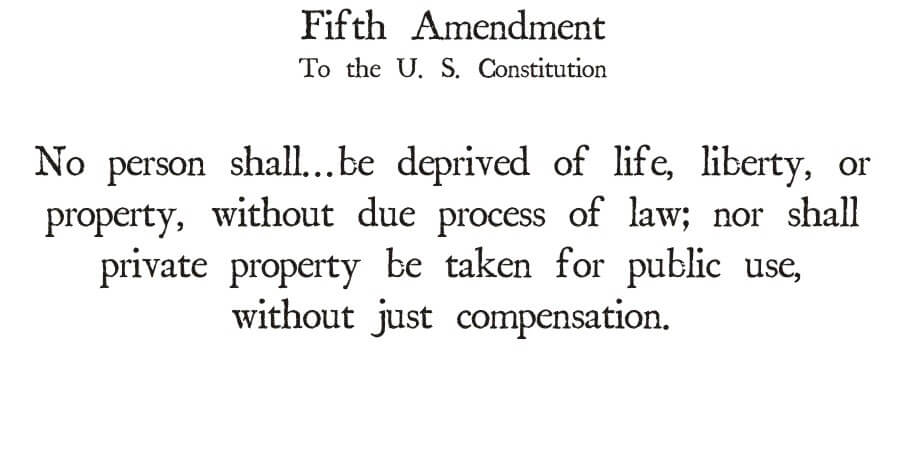
The first 10 amendments the Bill of Rights were ratified in 1791. What the first ten amendments mean Make sense of the modifications see how amendments have reformed presidential elections abolished slavery given voting rights to women and more US.

No cruel and unusual punishment.
10 amendments for dummies. Congress shall make no law respecting an establishment of religion or prohibiting the free exercise. A well regulated militia being necessary to the security of a free State the right of the people to keep. No Soldier shall in time of peace.
The Tenth Amendment or Amendment X of the United States Constitution is the section of the Bill of Rights that basically says that any power that is not given to the federal government is given to the people of the states. The Tenth Amendment of the Bill of Rights was put into the United States Constitution on September 5 1789 and was voted for by 9 out of 12 states on December 15 1791. Bill of rights for dummies the bill of rights is a collective term used to signify the first ten amendments of the constitution of the unit.
Bill of Rights for Dummies. The Bill of Rights is a collective term used to signify the first ten amendments of the constitution of the United States. The first article unratified dealt with the number of seats that were to be allotted for each of the representatives.
Whereas the second article ratified in 1992 as the 27 th Amendment dealt with increasing the salaries and compensations of Congressmen. The Tenth Amendment was part of the Bill of Rights that was added to the Constitution on December 15 1791. This amendment states that any power not specifically given to the federal government by the Constitution belongs to the States and the people.
From the Constitution Here is the text of the Tenth Amendment from the Constitution. Dummies has always stood for taking on complex concepts and making them easy to understand. Dummies helps everyone be more knowledgeable and confident in applying what they know.
Whether its to pass that big test qualify for that big promotion or even master that cooking technique. People who rely on dummies rely on it to learn the critical skills and relevant information necessary for. The First 10 Amendments to the United States Constitution are also known as the US Bill of Rights.
An amendment is a change or addition to the US Constitution. The first 10 amendments the Bill of Rights were ratified in 1791. The US Constitution allows for additional amendments to be added to the Constitution.
Otis Secretary of the Senate. On September 25 1789 Congress transmitted to the state legislatures twelve proposed amendments two of which having to do with Congressional representation and Congressional pay were not adopted. The remaining ten amendments became the Bill of Rights.
Amendment 1 - Freedom of Religion Speech and the. The right to a speedy and public trial. The right to a jury trial in civil matters of 20 and over.
The right to fair fines and bail. No cruel and unusual punishment. Rights that are not in the constitution are still rights given to citizens.
Congress shall make no law respecting an establishment of religion or prohibiting the free exercise. A well regulated militia being necessary to the security of a free State the right of the people to keep. No Soldier shall in time of peace.
The National League of Cities quickly challenged the amendment claiming it violated the 10th Amendments limitation on the federal governments powers. In National League of Cities vs. Ursery the US.
Supreme Court was called to determine whether the 10th Amendment prohibited Congress from exercising commerce powers over state employees as these rights are typically reserved to the states. 27 Amendments for Dummies. Freedom of Religion Assembly Petition Press Opinion and S.
The freedom to bear arms. No military in your home except in war time. The Bill of Rights The Bill of Rights is the first 10 Amendments to the Constitution.
It spells out Americans rights in relation to their government. It guarantees civil rights and liberties to the individuallike freedom of speech press and religion. An in-depth look at the defining.
What the first ten amendments mean Make sense of the modifications see how amendments have reformed presidential elections abolished slavery given voting rights to women and more US. Provides that the powers that are not given to the United States nor prohibited by the constitution are reserved to the states respectively or to the people. Amendments 11 27 Amendment 11.
Clearly states the judicial powers of the US. States and the federal government on foreign nationals and the limitations of the citizens to sue states under federal law. 1st Amendment - Freedom of Religion Press and Expression George Washington was the 1st American President who served in office from April 30 1789 to March 4 1797.
One of the key events during his presidency was the ratification of the 1st Amendment to the Constitution. Protectsguarantees Right to Bear Arms guns 3rd Amendment. Bill of Rights for Dummies.
OTHER SETS BY THIS CREATOR. AP Gov Unit 1 - Federalist V. AP Gov Unit 1 - Federalist 10 and Federalist 51 and Brutus 1.
AP Gov Unit 1 - Clauses.